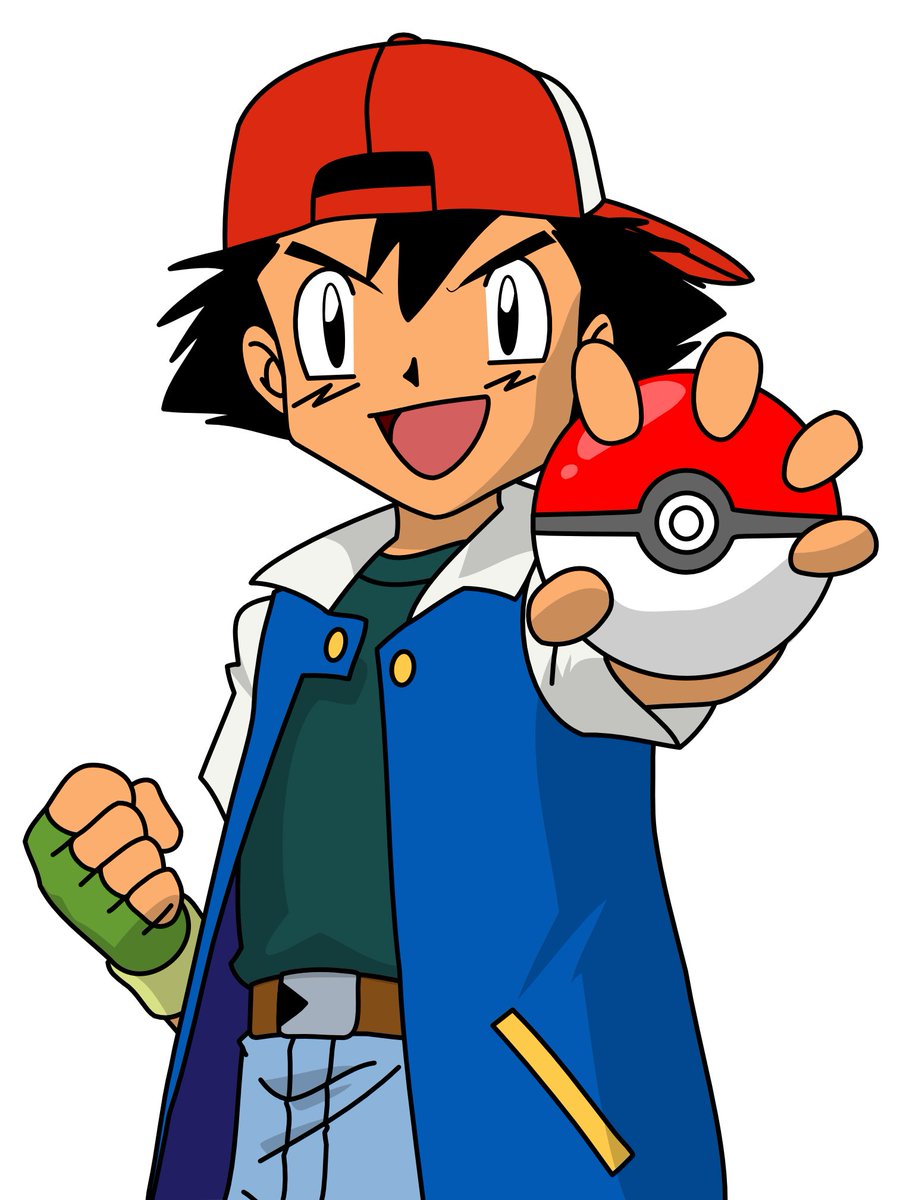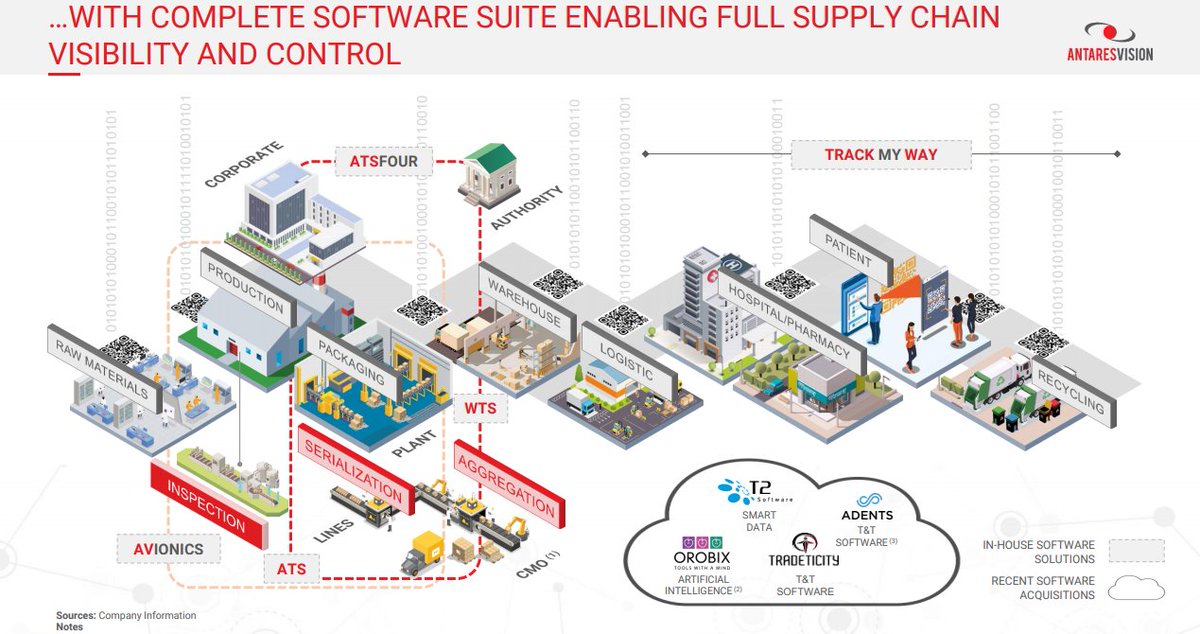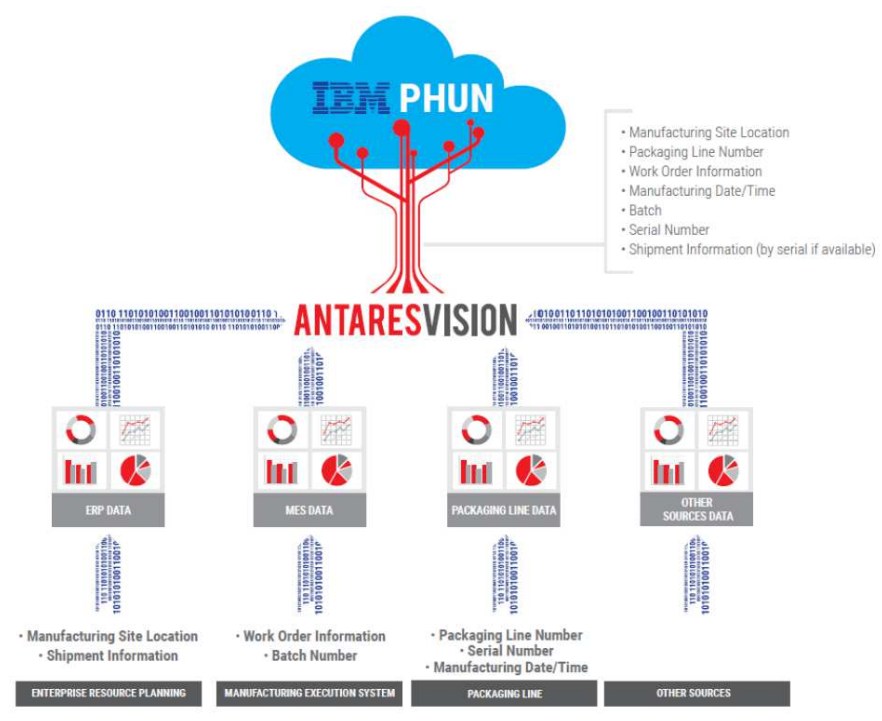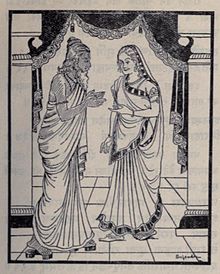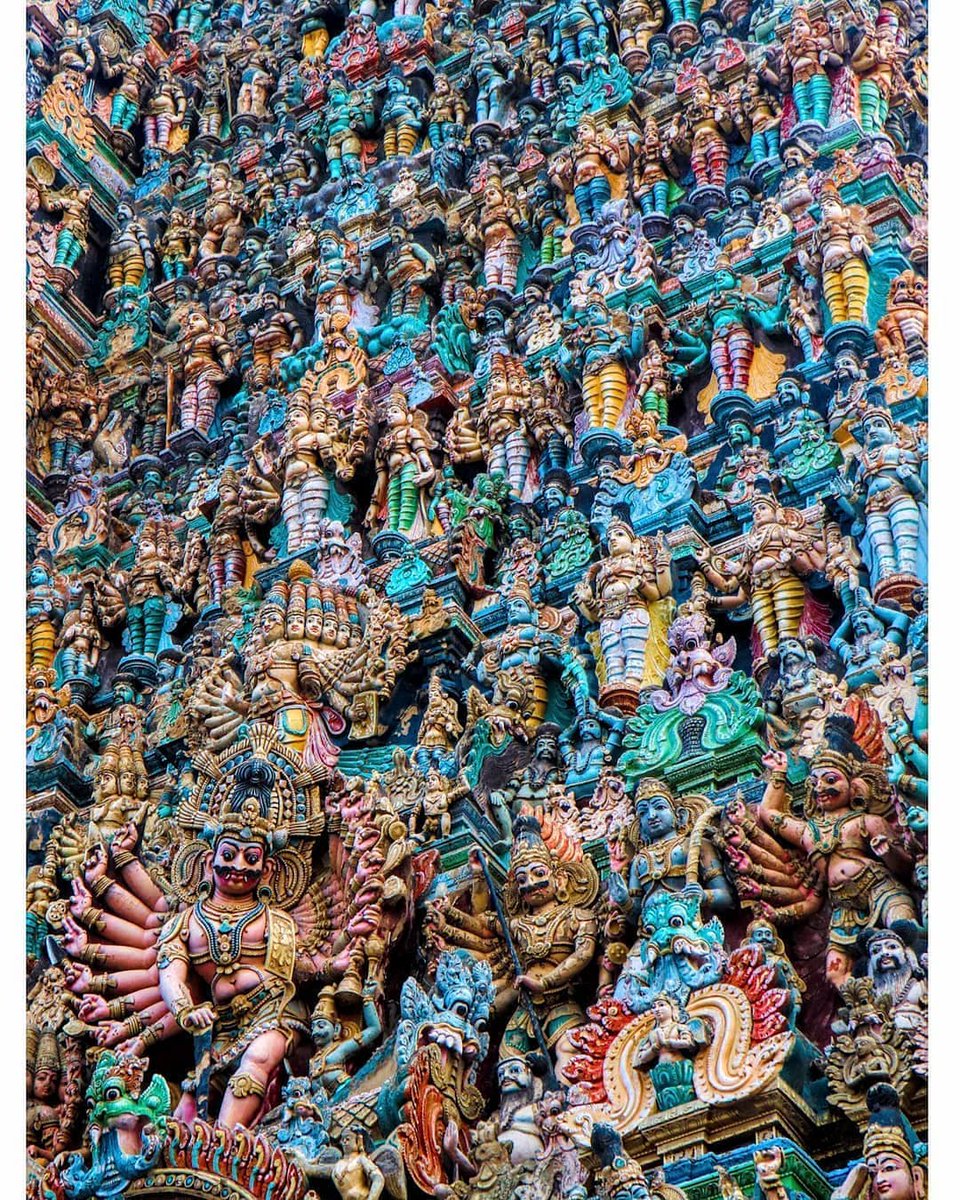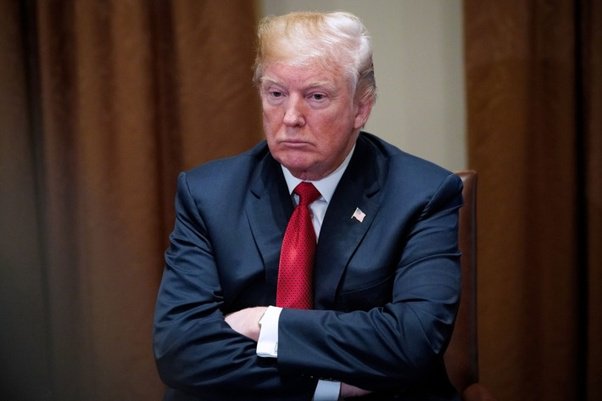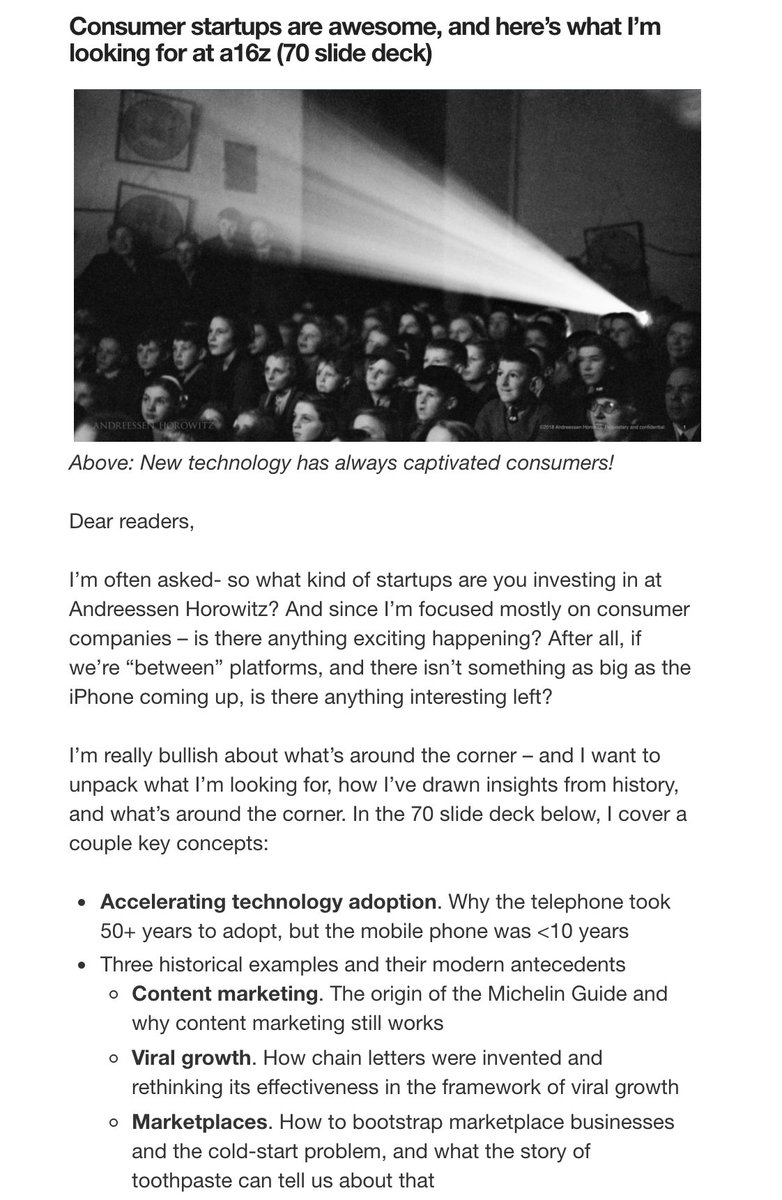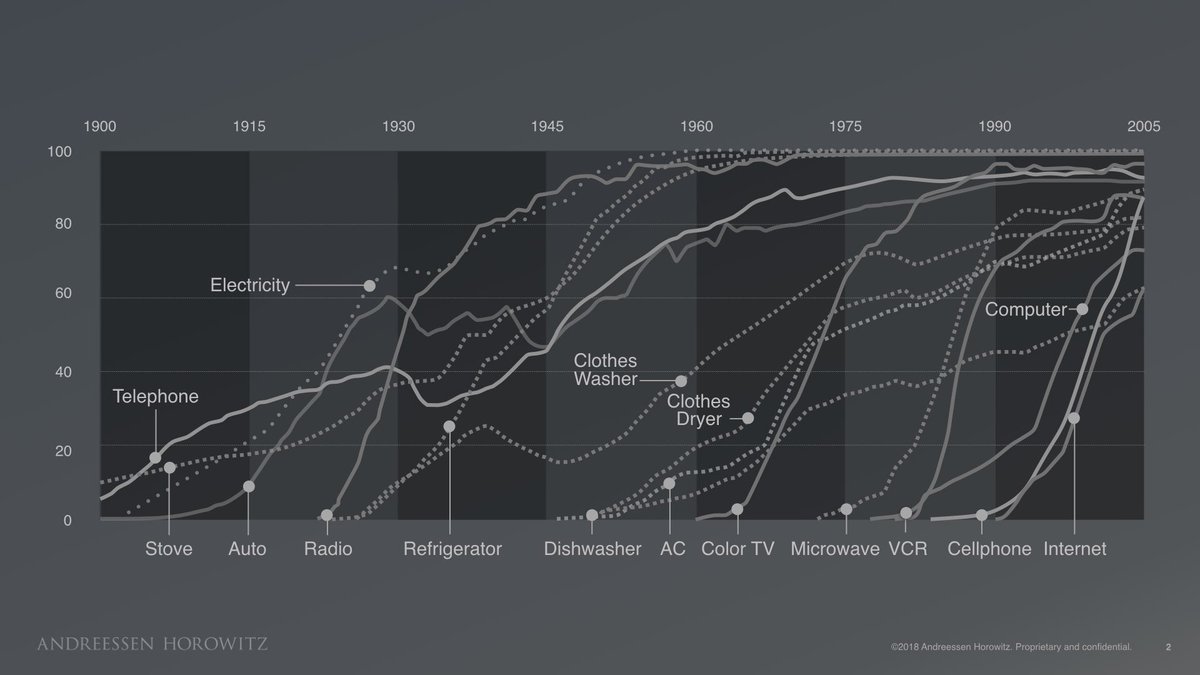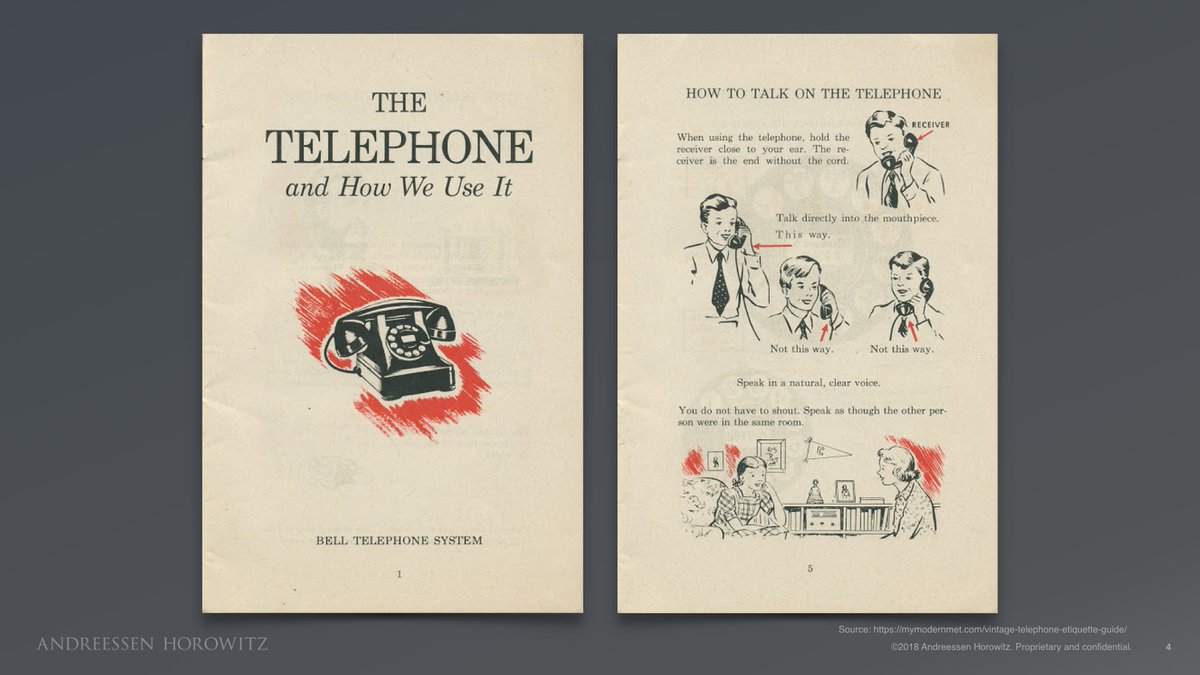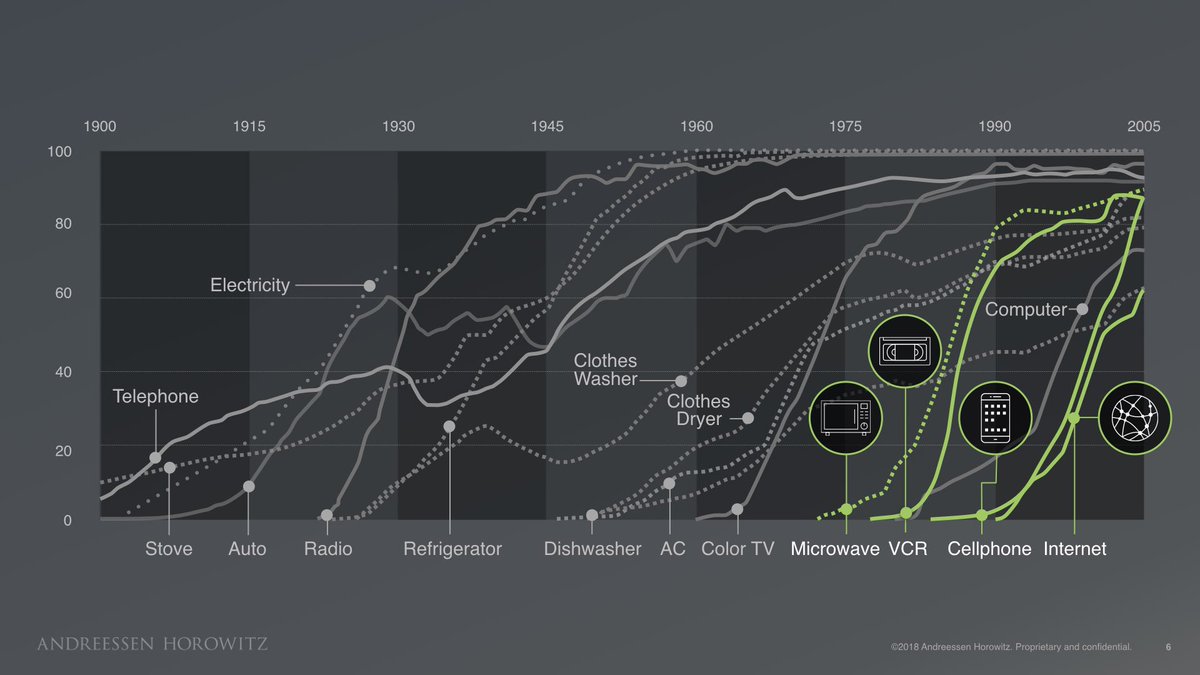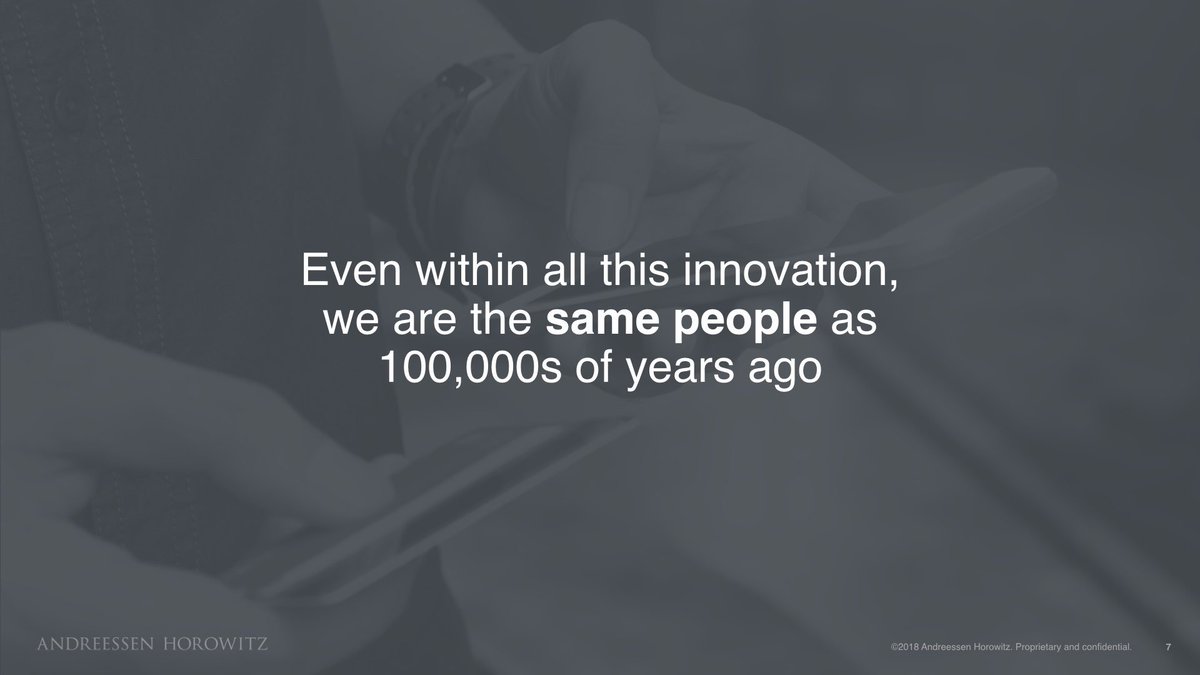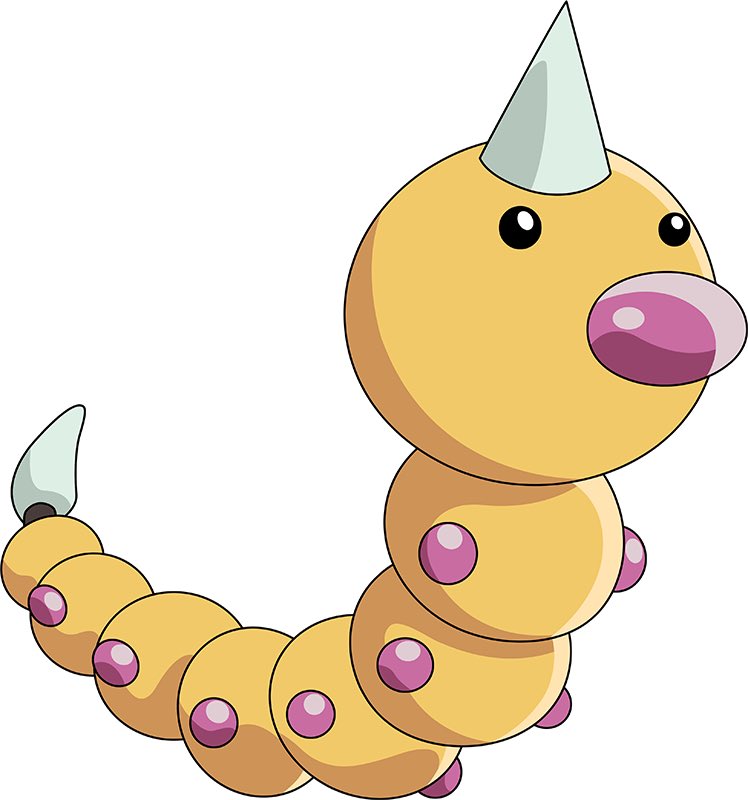
So I tried to explain the GameStop situation to some of my students using Pokémon. And I think what I said is mostly true so I figured I would share here (A thread)
#GameStop


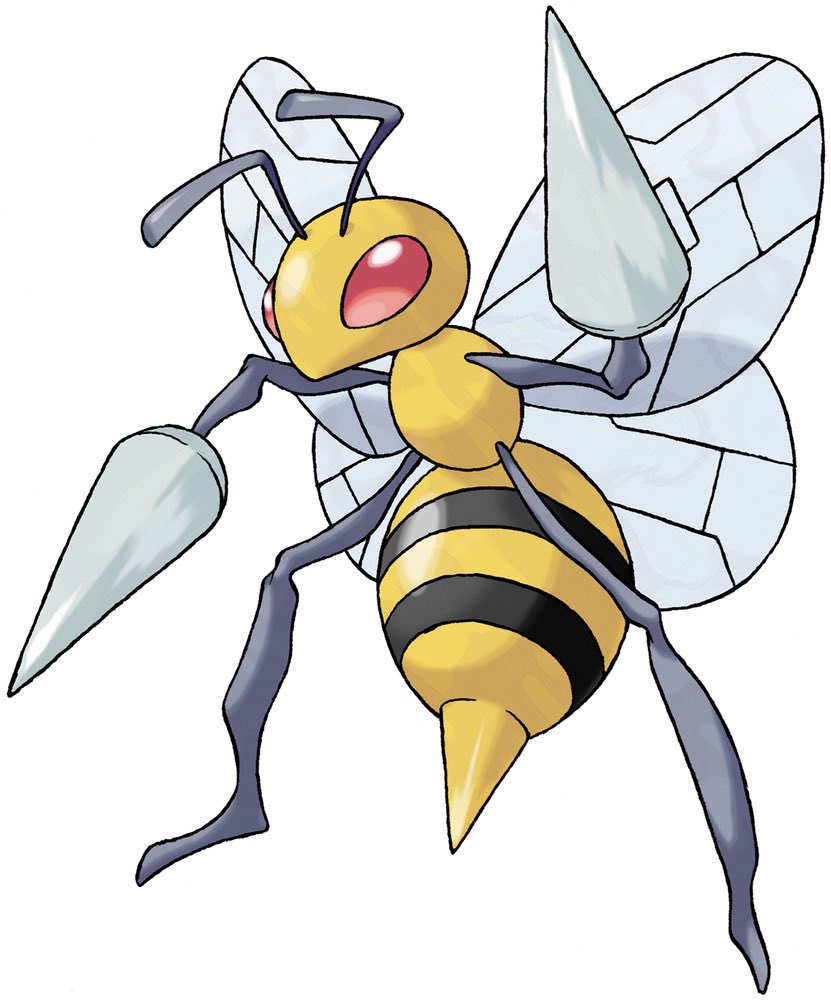



More from Business
A solo media founder like Rogan or Mr Beast can make as much money as a strong tech founder, with significantly less managerial stress.
Tech created this ecosystem but there’s a historical cultural bias in tech towards media as unprofitable. That changed a long time ago.
Many more angels that invest in people will invest in media founders. Many traditional media people will *become* media founders.
But not necessarily big companies. Just solo individuals or small groups doing content, like Notch doing Minecraft. Because media scales like code.
Increasingly feeling like “keeping the team size as small as possible, even to one person” is the unarticulated key to making media profitable.
Substack and all the creator tools are just the start of this ecosystem.
The process of converting social influencers into media founders (a trend that has been going on for 10+ years at this point) will be increasingly streamlined.
V1 is link-in-bio, Substack, and sponcon.
V2 likely involves more angels & tokenization a la @tryrollhq. What else?
Why lack of awareness? Influencer monetization numbers are not as public as tech numbers.
There isn’t a TechCrunch & CrunchBase for media founders, chronicling the valuations of influencers.
But that’d be quite valuable. If you are interested in doing this, please DM with demo.
Tech created this ecosystem but there’s a historical cultural bias in tech towards media as unprofitable. That changed a long time ago.
Many more angels that invest in people will invest in media founders. Many traditional media people will *become* media founders.
But not necessarily big companies. Just solo individuals or small groups doing content, like Notch doing Minecraft. Because media scales like code.
Increasingly feeling like “keeping the team size as small as possible, even to one person” is the unarticulated key to making media profitable.
Substack and all the creator tools are just the start of this ecosystem.
Useful concept: the media stack for content creators
— balajis.com (@balajis) January 20, 2020
- Spotify, iTunes for podcasts
- Descript for podcast editing
- Figma, Canva for graphics
- YouTube for video
- Twitter, FB for distribution
- Substack for newsletters
- Makerpad for nocode
- Ghost, Medium for blog
What else?
The process of converting social influencers into media founders (a trend that has been going on for 10+ years at this point) will be increasingly streamlined.
V1 is link-in-bio, Substack, and sponcon.
V2 likely involves more angels & tokenization a la @tryrollhq. What else?
Why lack of awareness? Influencer monetization numbers are not as public as tech numbers.
There isn’t a TechCrunch & CrunchBase for media founders, chronicling the valuations of influencers.
But that’d be quite valuable. If you are interested in doing this, please DM with demo.

